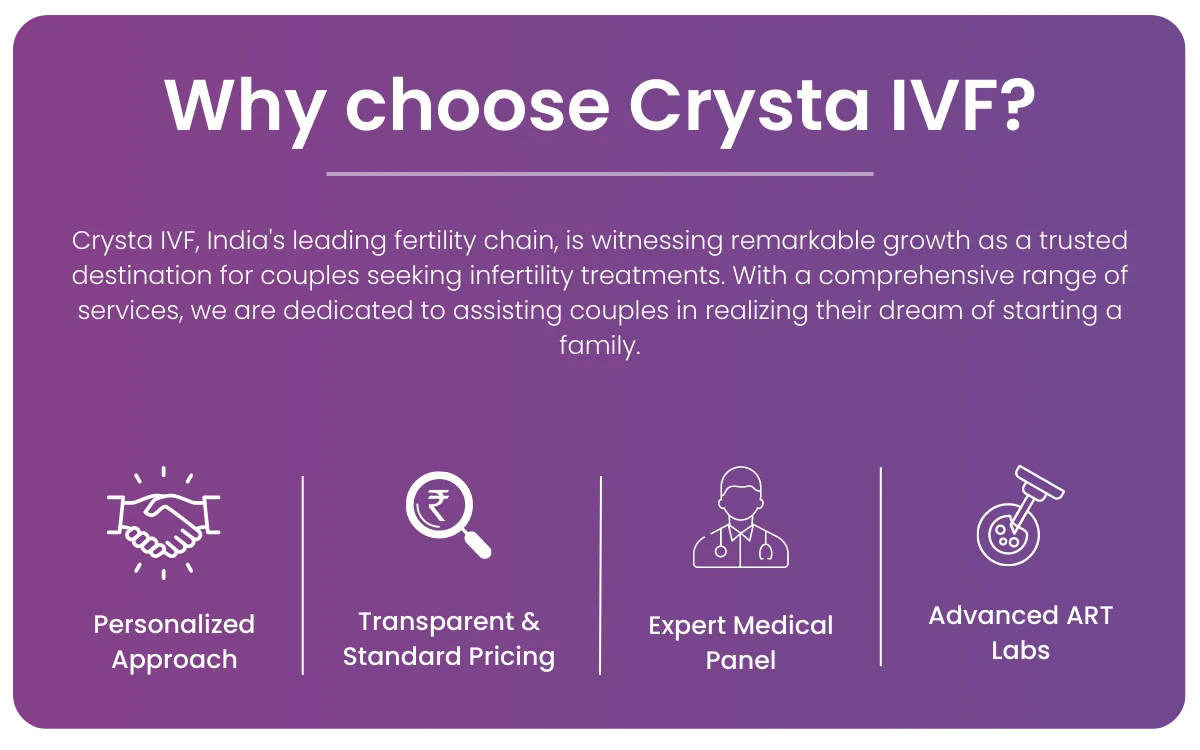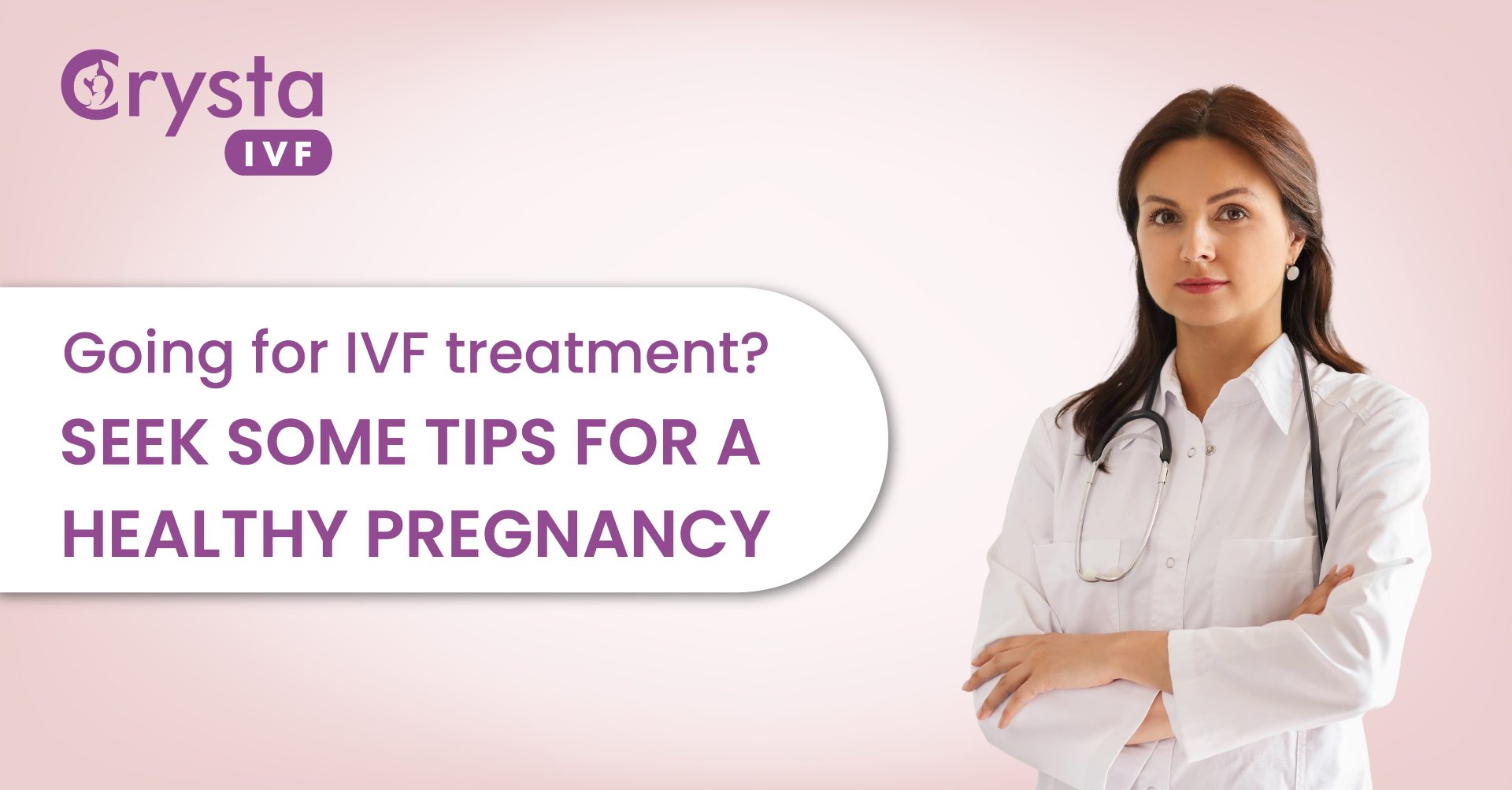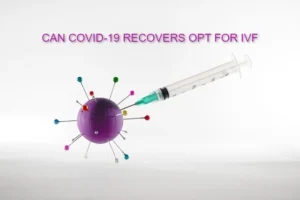In the past, couples were only given a few options for infertility treatment. However, science has advanced to the point where more options are available to help you conceive. One of those options is In Vitro Fertilization IVF Treatment & Frozen Embryo Transfer (FET).
Did you know? Many studies have found that Frozen Embryo Transfers (IVF-FET) are 10% more likely to result in a live birth than a fresh one.
However, depending on the medical condition and personal preference, your health care provider, recommends any of these to achieve a higher success rate and eventually pregnancy. But how do they compare? How can you improve its success rate?
Let’s look at some of the facts about both options and the best tips to prepare for them so that you can make an informed decision that will work best for you and your child-to-be!
Understanding In Vitro Fertilization (IVF)
In Vitro Fertilization (IVF) is one of the most advanced fertility treatments available today. It is used when a couple has trouble conceiving a child through natural means, like ovulation and fertilization.
In-Vitro Fertilization (IVF) has been a blessing for many couples worldwide due to its high success rate and effectiveness. Couples dealing with either male factor infertility or female factor or both may recommend IVF as the best or perhaps the only option to make a parenthood’s dream come true.
In IVF, the fertilization of egg and sperm takes place outside the body to overcome medical conditions such as uterine fibroids or endometriosis. IVF procedure goes through different phases that generally takes around 4-6 week per IVF cycle.
- Woman’s ovaries are triggered using injections & medications
- Eggs are retrieved using a needle
- The egg and sperm are combined in a dish
- The embryo is monitored as it develops
- The embryo is transferred to the mother’s uterus to continue developing until it becomes an infant or child.
Understanding Frozen Embryo Transfer (FET)
Embryo transfer is a phase in IVF where the prepared embryo is divided and multiplied in different cells over the next few days (5 to 6 days) to form a blastocyst to be transferred into the uterus or to freeze it for future attempts, i.e., known as Frozen Embryo Transfer (FET).
Frozen Embryo Transfer (FET) or Frozen Blastocyst Transfer occurs after a period depending on factors and the couple’s personal decision. For Frozen Blastocyst Transfer, preparing your uterus for blastocyst implantation is essential.
The couple who chooses Frozen Blastocyst transfer may have certain benefits, such as –
- Reduces the pregnancy risks of fresh embryo transfer
- If the first IVF attempt is unsuccessful, the frozen embryos can be thawed and used for transfer in subsequent cycles
- Allows for genetic screening
- Plan for pregnancy when you’re ready
- Less expensive in case of multiple transfers rather than repeated fresh IVF cycles
- Reduces the risk of ovarian hyperstimulation syndrome (OHSS) during IVF
- Allow uterus to return to the normal environment after IVF medications
Best Tips to Prepare for IVF and Frozen Blastocyst Transfer (FET)
Going for IVF treatment and Frozen Embryo Transfer may seem like a daunting experience, especially when you may not be sure how to prepare for it. So, it is essential to start preparing your mind and body once you choose IVF treatment, as it may contribute to a higher success rate.
So, here are a few things that you must consider –
- Work on Your Fitness
It is proven that the healthier you are, the more the chances of successful outcomes. For IVF treatment, your body must be ready to receive the embryo and nurture it; to do that; you must have healthy body weight.
Often women with unhealthy weight have seen difficulty with IVF treatment. You must work closely with the fertility doctor to effectively work on your body before or during the treatment.
- Eat Fertility Enhancing Food
A healthy diet is essential when opting for IVF or before frozen embryo transfer. Avoid foods that may affect the chances of conceiving, including sugary and starchy food, processed and pre-packaged food, refined grains, etc. Unhealthy food may also lower the quality of eggs & sperm.
- De-Stress Yourself
Women with a higher level of the stress hormone cortisol can affect their ability to release an egg from the ovaries.
Not only does stress interfere with conception and IVF success, but it also affects your overall health and mental well-being. So, you need to de-stress and meditate regularly. Talk with your fertility doctor about concerns or how to remain relaxed and calm.
- Reduce Alcohol Consumption & Caffeine Intake
It is better to minimize alcohol consumption & coffee as it can impair the ability to conceive for both partners.
It is found that excessive intake of caffeine and drinking too much alcohol can cause an imbalance in sex hormones; therefore, it is suggested to lower their consumption while planning to conceive or undergo IVF treatment.
- Get Plenty of Sleep
According to recent studies, sleep and fertility are closely related. Therefore, it is recommended to take adequate sleep to support your IVF cycle and embryo transfer.
- Quit Smoking
Smoking & consuming tobacco also harms the quality of eggs and sperm. If you smoke too much, you need to stop now, especially if you plan to conceive or opt for IVF treatment.
- Female Aging
Typically, a woman at a younger age (before 35) has a higher chance of IVF success compared to older women with fewer eggs and low-quality eggs. It is advised not to wait too long to get IVF treatment or if you choose frozen blastocyst transfer.
Women in their 20s and 30s experience the most successful IVF implantation because the fertility window is at its peak during the period, egg & embryo quality is also good, and so the possibility of complications is also low, resulting in a successful IVF treatment and conceiving.
- IVF Supplements
To support the IVF cycle and fertility, there are various supplements available that may help improve egg/sperm quality and quantity.
Supplements may include an adequate amount of Vitamin D & C, folic acid, zinc supplements, etc. But before adding any supplement to your diet, consult your fertility doctor first.
IVF journey may involve many uncertainties, risks, and hope, but in the end, it will all be worth it. You should give your body the best possible chance; this way, you can add up to the probability of success.

Apart from that, partnering with the best IVF centre in Delhi, such as Crysta IVF, can also be effective in making your parenthood journey comfortable. Get in touch with us to know more about IVF and how you can prepare your body for the best outcomes.




